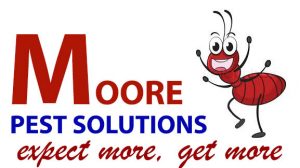Termites
There are many species of termite that live here in America, but there are really only two types you need to worry about in the PNW, Dampwood termites and subterranean termites. Knowing the differences between the two can help you to know which treatments will be effective at eliminating them from your home or business. Termites don’t stop eating. Contact us today for termite control and fast elimination.
One of the main differences between the two is that dampwood termites do not make mud tunnels while subterranean termites do. Other facts about these two major species are as follows:
Subterranean Termites:
- Live in the soil in large colonies numbering in the hundreds of thousands
- Form mud tunnels to enter buildings to access food sources.
- Infestation usually not seen until damage is severe.
- Cannot eradicate on your own.

Dampwood Termites:
- Invest structures where high moisture levels exist.
- Regular contact with water to survive.
- Do not create mud tunnels, live directly in wood they are eating.
- Can only be seen if you break open the wood they are hidden inside.
- Infestation usually not seen until damage is severe.

There are several signs that you should look for that termites leave behind when they are actively attacking the wooden structures inside your home. Look for things such as wood that appears crushed, wood that sounds hollow when tapped on, or wood that looks blistered. The more obvious signs include finding discarded sets of wings on window sills, tubs, and sinks, seeing termites swarming around the outside of your home, discovering mud tubes on the side of your foundation, and finding small piles of ‘frass’ (termite droppings).
Termites are social insects and live in colonies with specific roles. There are workers, soldiers, reproductives and even queens. As a colony matures, it may release winged males and females – or “swarmers.” If they survive, swarmers will settle, shed their wings and form a new colony. Swarming season occurs in late spring through fall depending on the species and geographic location.
info@moorepestsolutions.com
OR 503-342-4329
WA 360-635-5345

